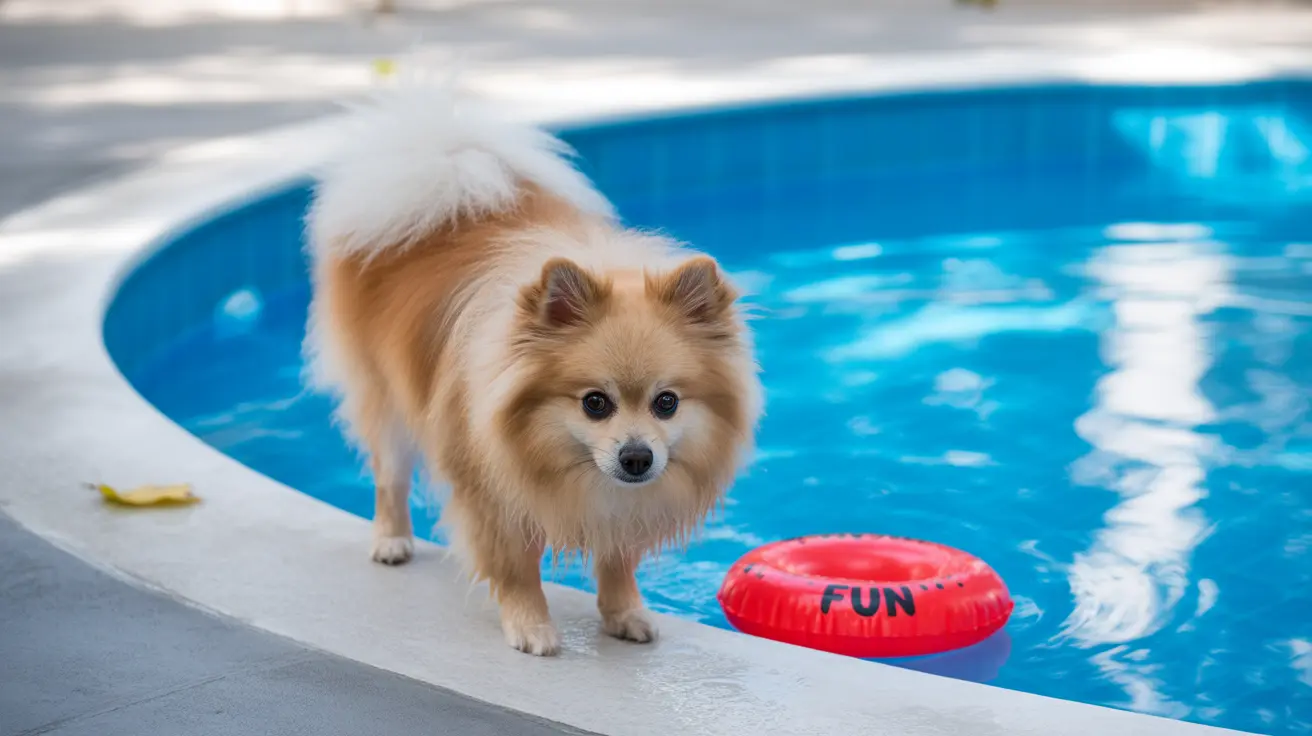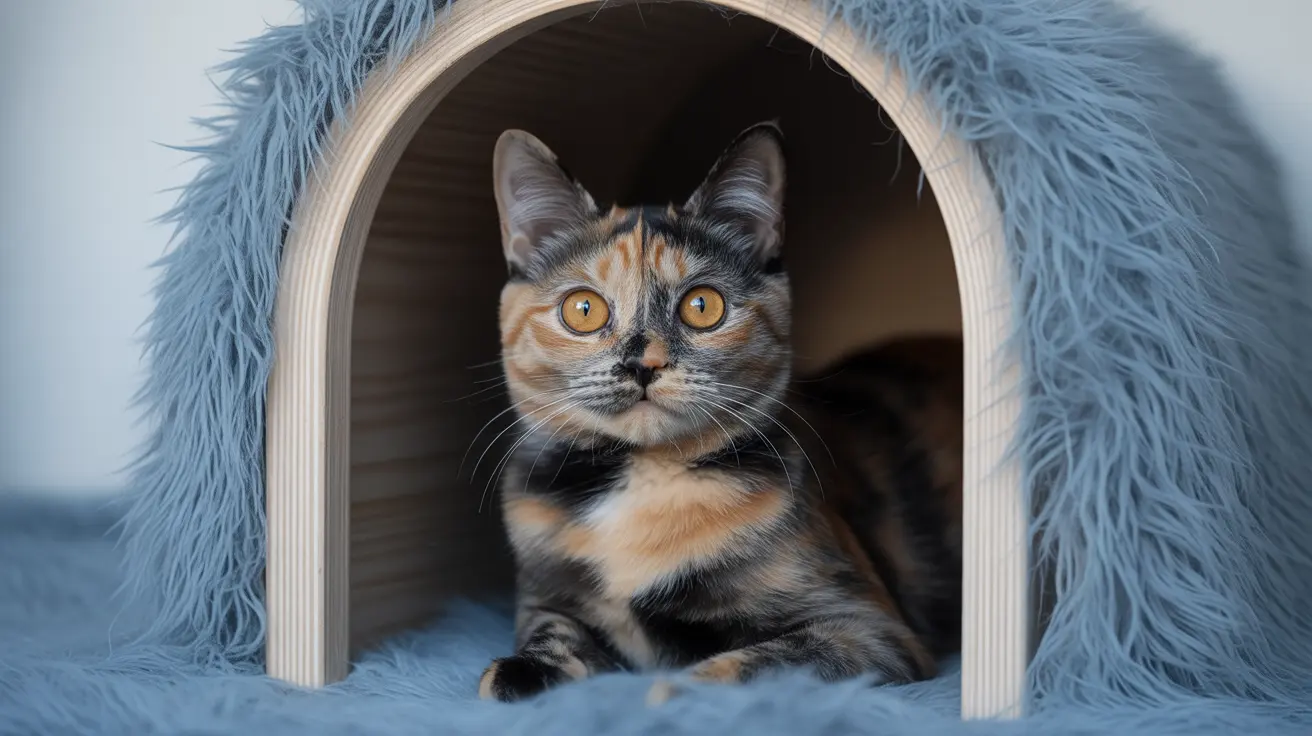Many pet owners searching for effective flea control methods wonder about using chlorine as a solution. While chlorine can kill some fleas on contact, particularly on hard surfaces and in laundry, it's crucial to understand both its limitations and potential dangers before considering it as a flea treatment option.
In this comprehensive guide, we'll explore the effectiveness of chlorine against fleas, discuss important safety considerations, and provide proven alternatives for successful flea control in your home and on your pets.
How Effective Is Chlorine Against Fleas?
Chlorine does have some ability to kill fleas, but its effectiveness is limited. When directly exposed to chlorine or bleach solutions, adult fleas and flea eggs may die on contact. However, this only works on surface-level encounters and doesn't address the deeper problem of flea infestations.
The most significant limitation is that chlorine cannot effectively reach fleas in carpets, furniture, or your pet's fur. Additionally, it has minimal impact on flea pupae, which are protected by cocoons and can survive most chemical treatments.
Safety Concerns and Risks
Using chlorine for flea control poses several serious safety risks:
- Skin irritation and chemical burns
- Respiratory problems from fume inhalation
- Eye damage from direct contact or vapors
- Potential poisoning if ingested
- Damage to furniture and fabrics
- Toxic reactions when mixed with other cleaning products
Most importantly, chlorine should never be applied directly to pets, as it can cause severe injury or illness. Even diluted solutions can harm your pet's sensitive skin and respiratory system.
Understanding the Flea Life Cycle
To effectively control fleas, it's essential to understand their life cycle. Fleas go through four distinct stages:
- Eggs (laid on hosts, fall into environment)
- Larvae (develop in carpets, bedding, and cracks)
- Pupae (protected in cocoons)
- Adult fleas (live on hosts)
Chlorine might kill some adult fleas and eggs, but it won't break this cycle effectively. A comprehensive approach targeting all life stages is necessary for successful flea control.
Effective Alternatives for Flea Control
Instead of using chlorine, consider these safer and more effective methods:
For Your Pet
- Veterinary-prescribed oral medications
- FDA-approved topical treatments
- Flea combs and regular grooming
- Preventative flea collars
For Your Home
- Regular vacuuming with immediate disposal of bags
- Washing pet bedding in hot water
- Professional pest control services
- EPA-registered household flea treatments
Frequently Asked Questions
Does chlorine kill fleas on my pet or just on surfaces and fabrics?
Chlorine can kill fleas on surfaces and fabrics but should never be used directly on pets. It's highly toxic and can cause severe injury to your pet's skin, eyes, and respiratory system.
Is it safe to use chlorine or bleach to treat flea infestations in my home?
While chlorine can be used carefully on hard surfaces and in laundry, it's not safe for comprehensive flea treatment in homes. The risks of toxic fumes, chemical burns, and property damage outweigh any potential benefits.
Why doesn't chlorine fully get rid of fleas despite killing some adult fleas and eggs?
Chlorine only kills fleas on direct contact and can't reach fleas in carpets, furniture, or pet fur. It's also ineffective against protected pupae and doesn't prevent new fleas from hatching.
What are the risks of using chlorine or bleach around pets during flea treatment?
Risks include chemical burns, respiratory distress, eye damage, and potential poisoning. Even indirect exposure to chlorine fumes can be dangerous for pets.
What are the best safe and effective alternatives to chlorine for flea control on pets and in the home?
The most effective approach combines veterinary-approved flea treatments for pets with thorough home cleaning, regular vacuuming, and possibly professional pest control services for severe infestations.
Conclusion
While chlorine can kill some fleas on contact, it's neither safe nor effective as a primary flea control method. Instead, focus on veterinary-approved treatments and comprehensive home cleaning strategies to successfully manage flea infestations while keeping your pets and family safe.






